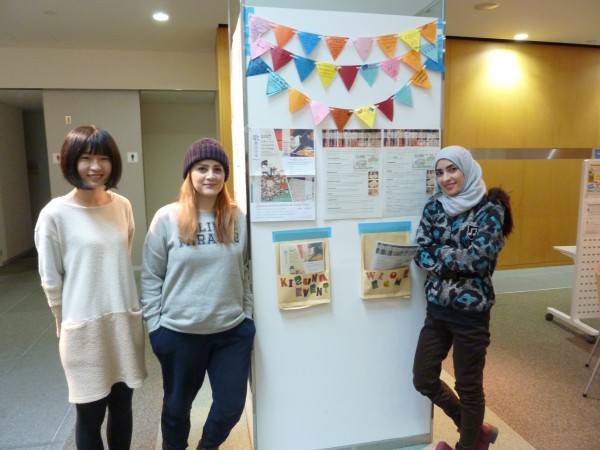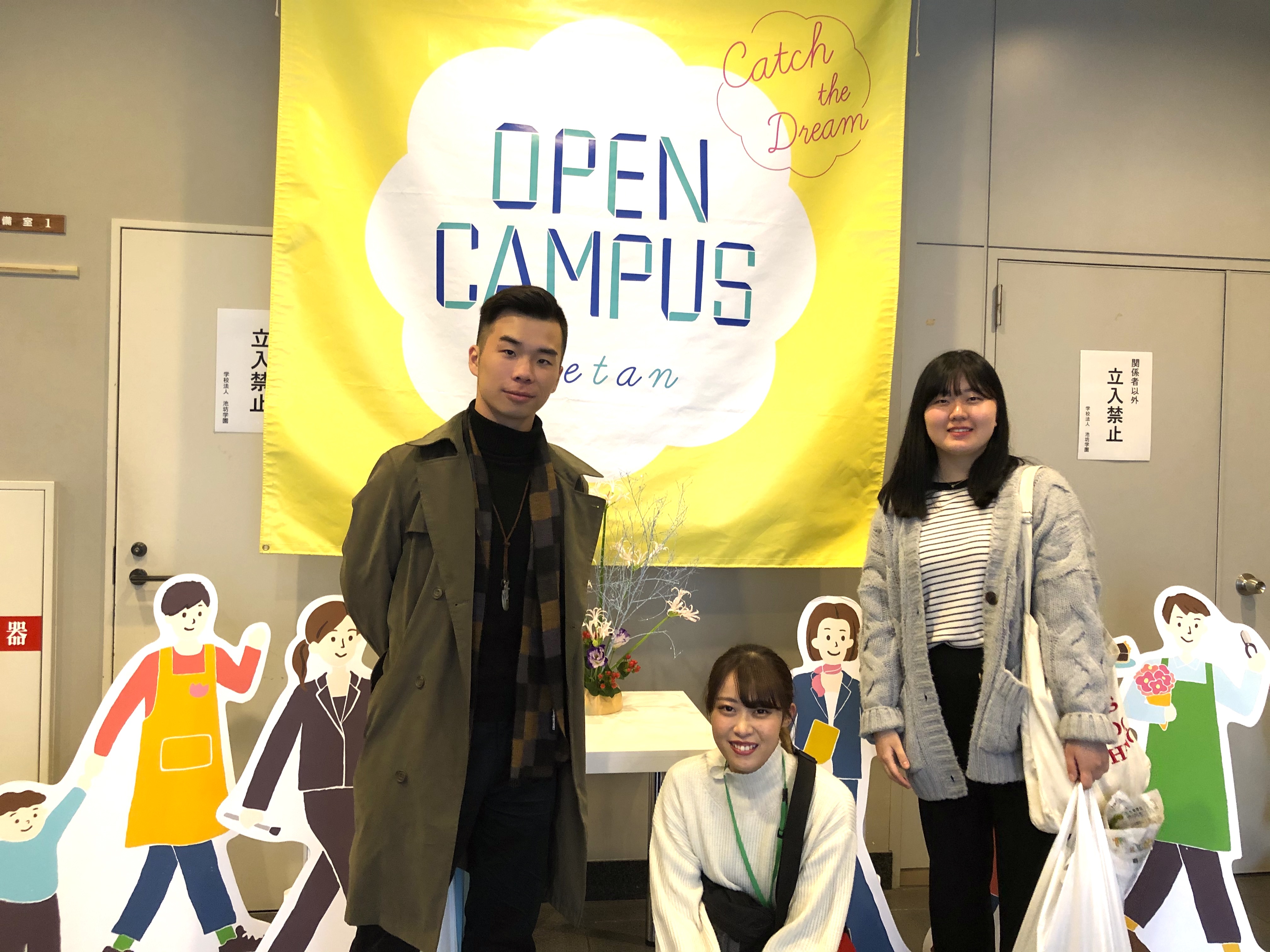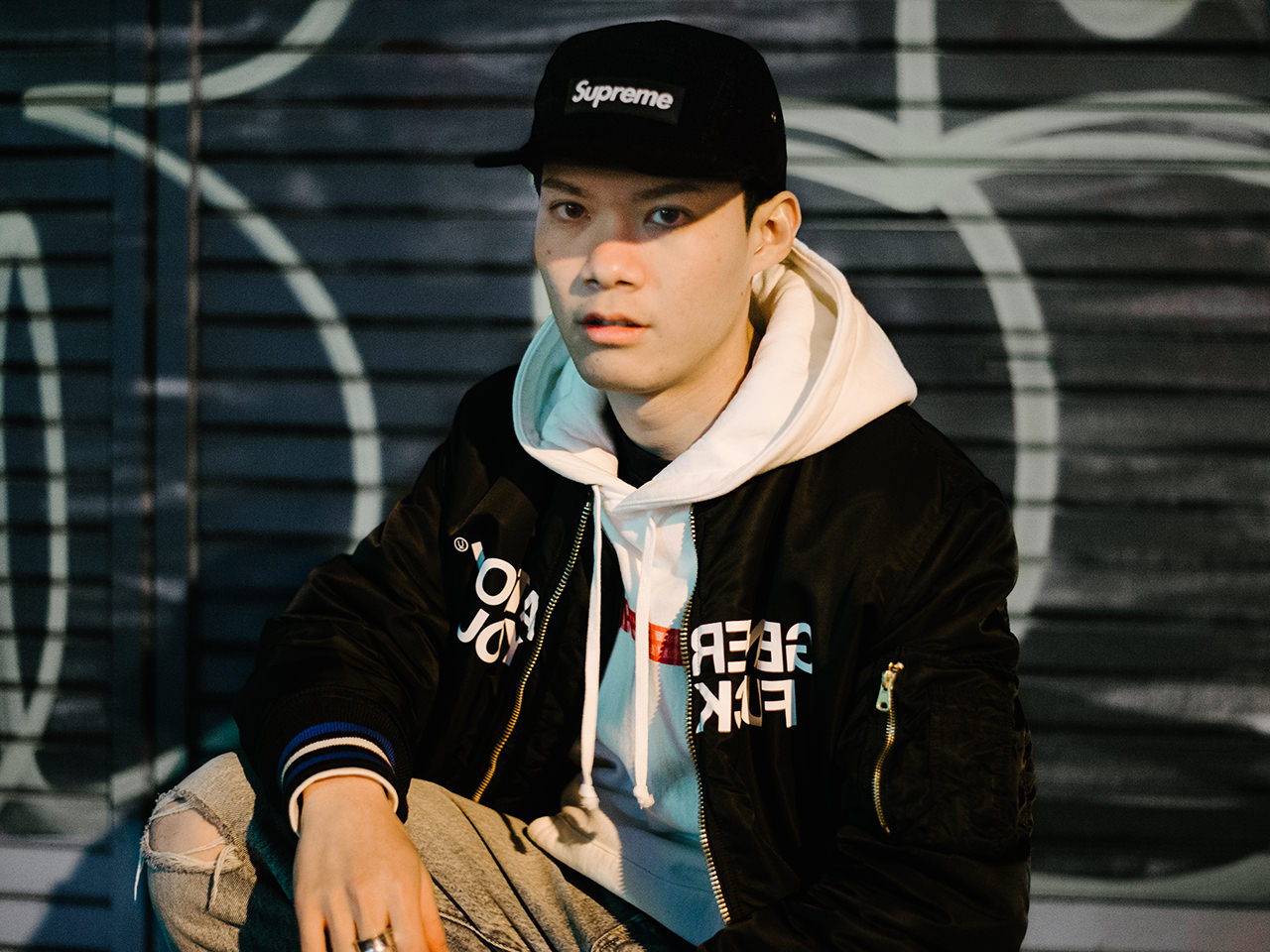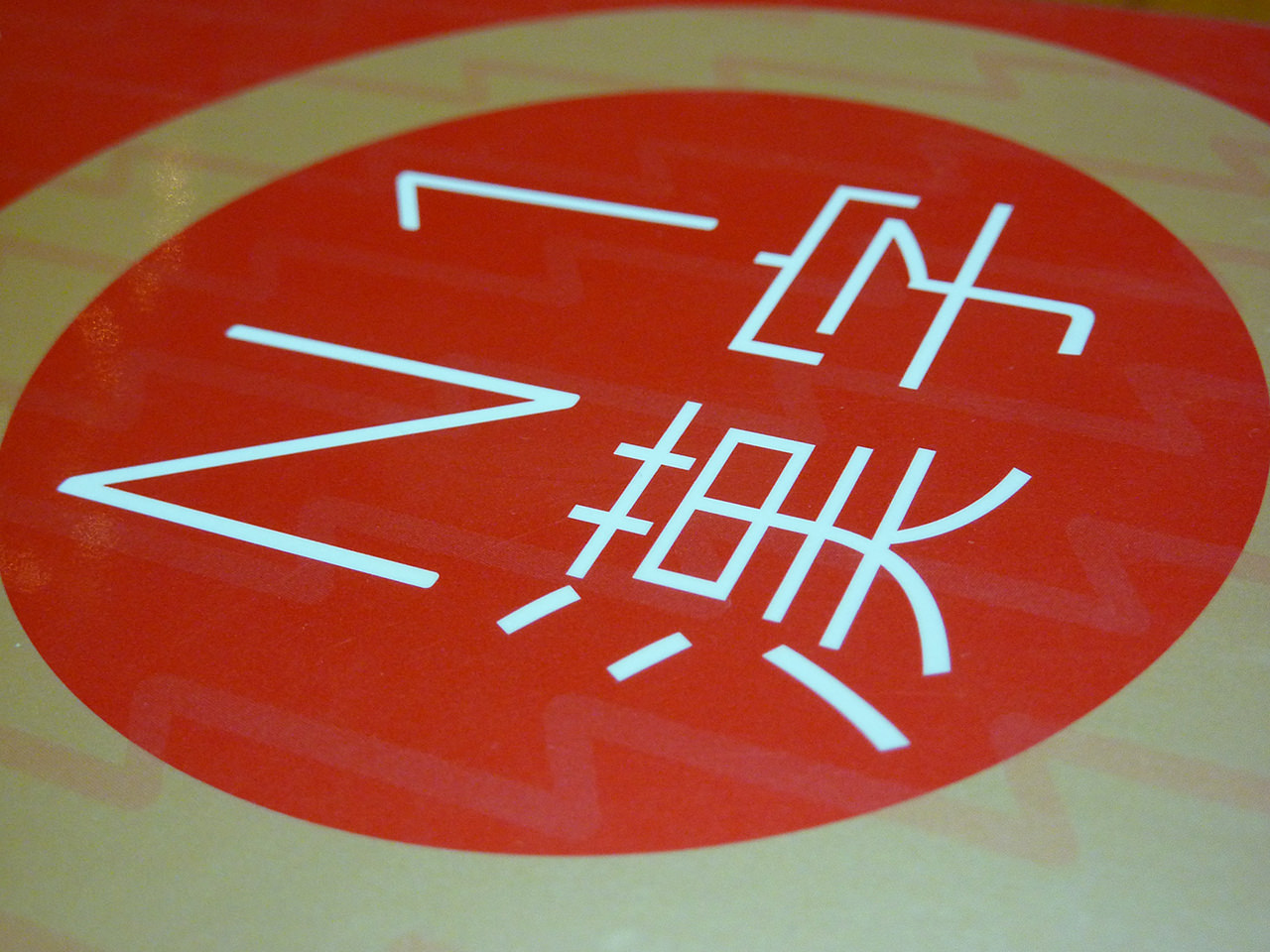Want to Study Science in Japan? Visit Kyoto University!
2017.03.30
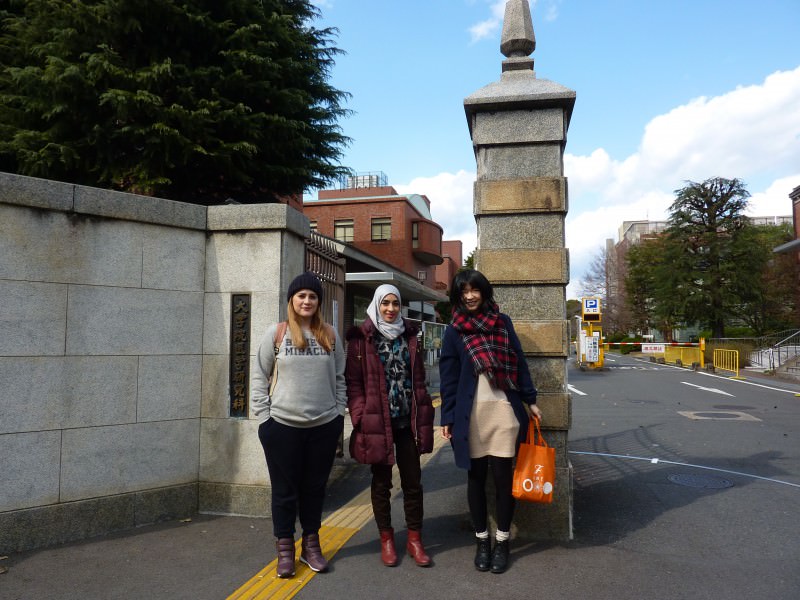
Study Kyoto recently sat down with three international students studying in Dr. Tasuku Honjo’s lab at Kyoto University’s Department of Immunology and Genomic Medicine (part of the Graduate School of Medicine). Dr. Honjo is widely reported to be on the verge of winning the Nobel Prize for his research.
Yin Zwei is in the first year of her PhD studies, and is originally from China. Matin Dokht Ashoori, who goes by Romina, is originally from Iran, and is also a first year PhD student. Azza Al Ismail hails from Oman, and is in the final year of her PhD studies.
Research, and Life in the Lab
Q: Please tell us a little about your research.
Yin: We study in the Department of Immunology and Genomic Medicine as a part of the AID Project. AID is an enzyme responsible for what’s known as antibody class-switching. Without AID, the body can only produce one type of antibody. Without a diverse group of antibodies, your body won’t be able to fight against the many kinds of diseases that may attack it.
Azza: I’ve been studying antibody class switching on this project for three years. Some patients have a mutation that keeps their antibodies from switching to other types that can fight off bacteria and other invaders. So I’m studying one of the mutations—why this mutation happens. Once you know about this mutation, and the pathway behind this mutation and how it affects the switching, then you know what kind of drugs can target it, and you understand how to fix things.
Q: What is a typical day or week like for you in the lab?
Azza: At the end of the previous day, I usually write up a plan of the experiments I want to do the next day. I write small notes about the techniques I want to try. The next day, when I come in, I figure out what I want to start with. I check my cells, see if they’re healthy, feed them, take care of them, and then use them for the techniques I want to try, like DNA extraction or protein analysis.
Some days, if I’m waiting for the cells to grow or something, I’ll do some reading, or look up other scientific papers.
We also have regular meetings with the whole group to discuss what we found in the last two weeks.
Romina: Because I’m just starting my project, I’m being directly supervised by my supervisor. But I have fixed days twice a week to take care of my mice. I have to change the cages, number them, see if they’re breeding. Because I’m a beginner, it takes me like half a day. (laughs) I’m mostly being led by my supervisor, but I make a weekly plan for what I want to learn that week. Mostly I’m studying for the future, because I was only doing very basic things with immunology before, and eventually I’ll actually being doing injections and things with the mice. I still have four years, though, so I have a long way to go.
Yin: On a typical day in the lab, I’m usually cultivating cells and bacteria, and doing DNA extraction or protein analysis. My research has a lot to do with understanding the mechanisms behind proteins, so a lot of what I’m doing is the basics in this field.
On Studying Abroad in Japan
Q: Why did you chose to study in Kyoto, and at Kyoto University?
Romina: One reason was Honjo Sensei’s reputation, and also Kyoto University’s ranking. That was very important to me, because my destination was Japan, and the top ranking school was in Tokyo, and the second was Kyoto University. Living in Tokyo has its own difficulties, but Kyoto is a quiet, calm place. I prefer to be here instead. I find Kyoto to be very cool, and my professors are very cool, too!
These two factors motivated me to come here.
Yin: Kyoto University was my first choice for study abroad. At home, some of my closest professors had come from Kyoto University, too, so I heard about it from them, and looked up other information on my own online.
When I was little, I used to read books about Japan—like Natsuhiko Kyogoku’s detective novels. I decided from a fairly young age that if I was going to study abroad, I wanted it to be in Japan.
I really like “The Tale of Genji,” too, and when I was doing my Masters I used to study at the campus in Uji (just southeast of Kyoto). It was exciting for me to think about how the tenth chapter was set right there in Uji.
For my Masters, I was studying organic chemistry, which is quite different from what I’m doing now. A lot of the students around me at that time were Japanese, and that really helped my language ability to improve dramatically. They treated me just the same as the other Japanese students. I had a lot of fun then, and I still see a lot of my friends from my Masters program even now. Some of them continued on to PhD programs, too, and others are working now, but I’ll still see them occasionally for drinks.
Azza: First I was interested in Japanese culture in general. I was watching anime, reading manga, trying to learn Japanese, and making some Japanese friends in my university back home. They would give me some little cultural things like origami, and they gave me their addresses and they told me, “When you come to Japan in the future, just let us know.” When I finished my undergrad I found this lecture about Japan. I didn’t know what it was about, but I told my friend that we had to go because it was about Japan, and it ended up being about the scholarship I’m on now—MEXT. I thought, “Maybe this is my destiny; I’ll just apply for it.” I applied, and I was accepted for each stage one after another—it just went so quickly. I was actually working at the time, but as soon I got the acceptance letter, I just quit, and I came to Japan.
I arrived in Japan just a month after the big earthquake—in April, 2011. Everyone told me, “You are crazy, quitting your job and moving to Japan.” Everyone was scared. But I came here on a scholarship that’s supported me for six years, and I just felt like, it’s my chance! (laughs)
I came to Japan, and Kyoto, especially, because I love nature. I wanted to see the four seasons, especially. Once I arrived here, I felt this is the perfect place for me, and that’s why I haven’t moved for six years. I even met the Japanese friends I met in Oman again—they came from Tokyo to visit me!






